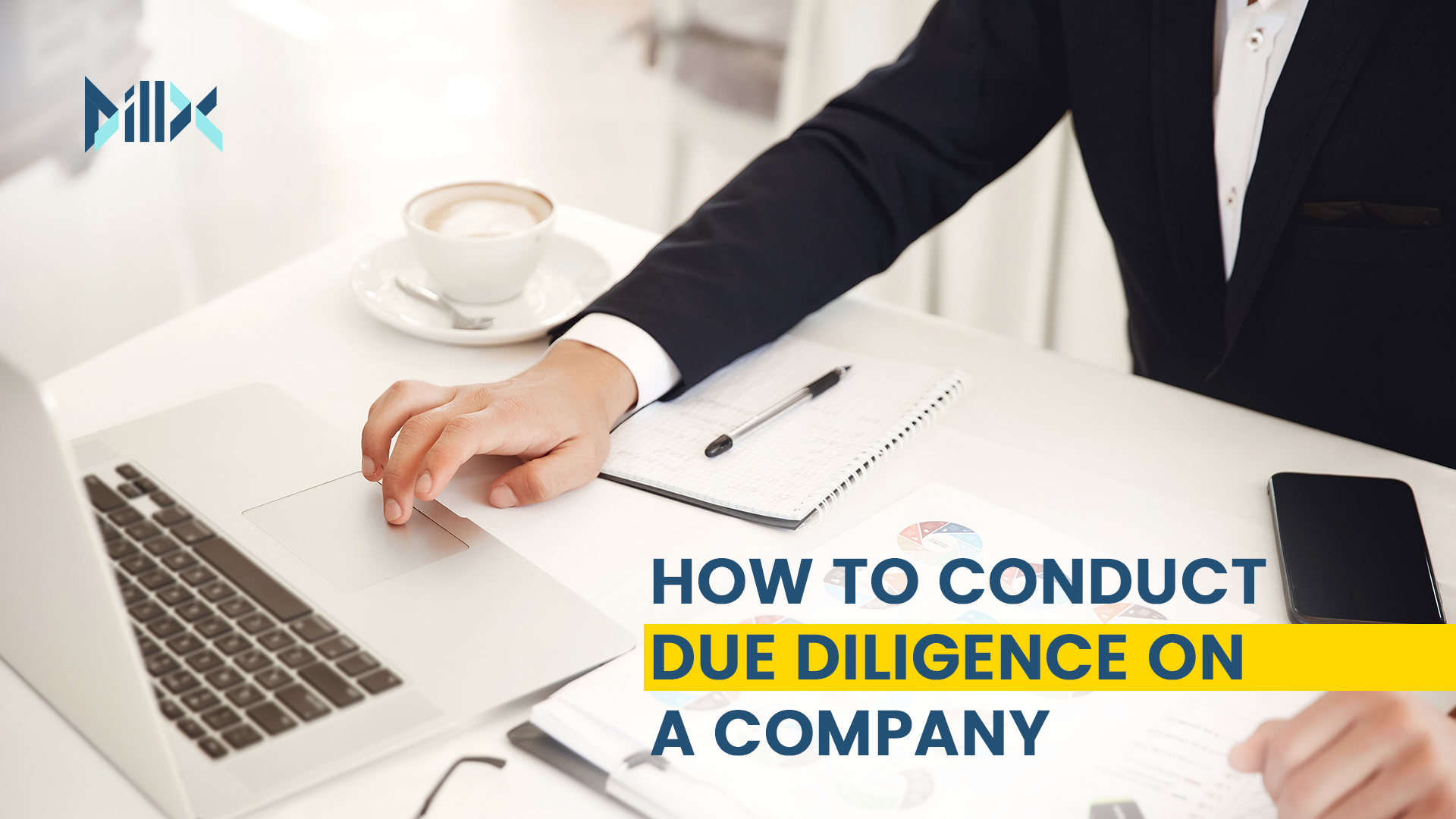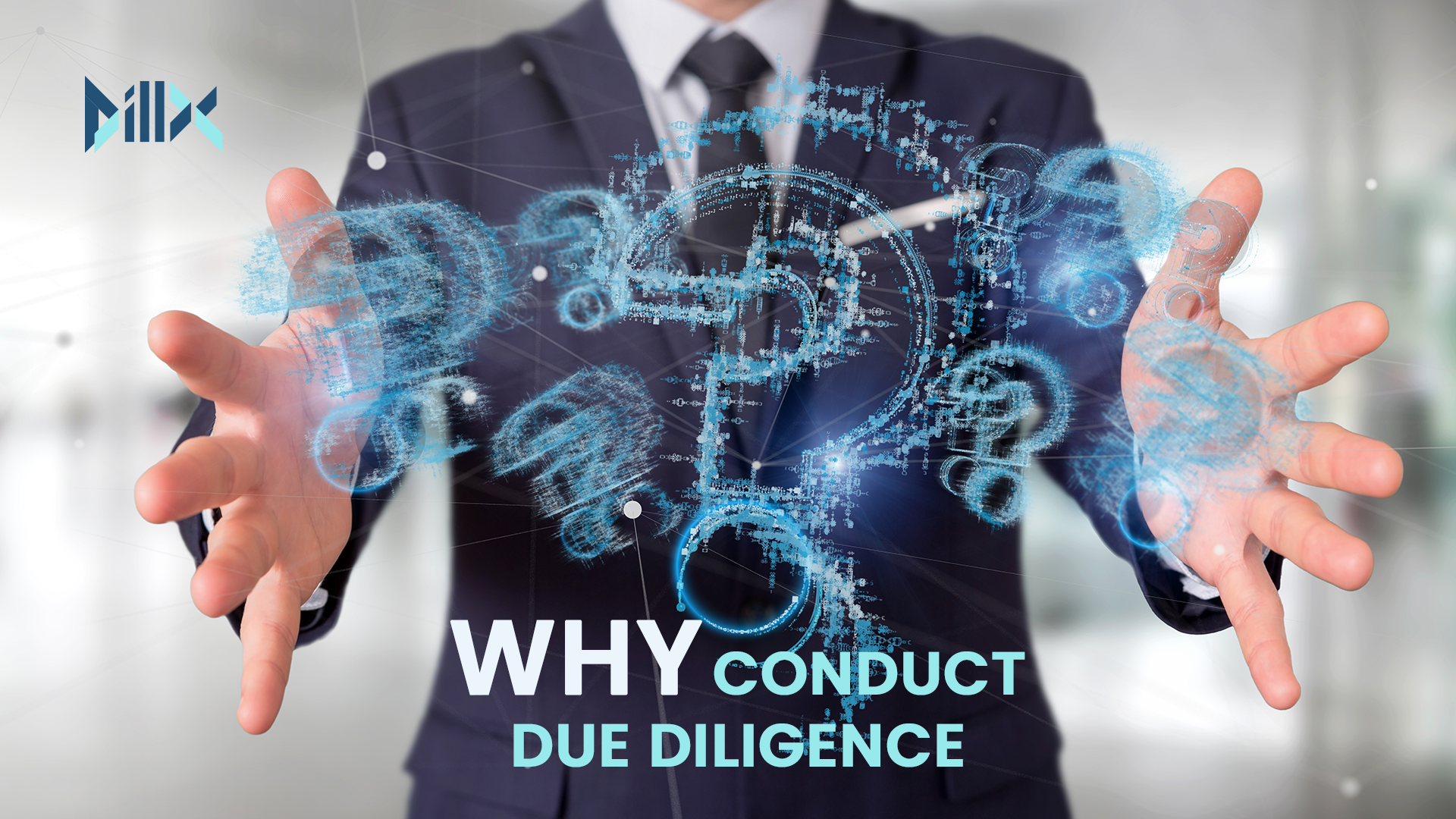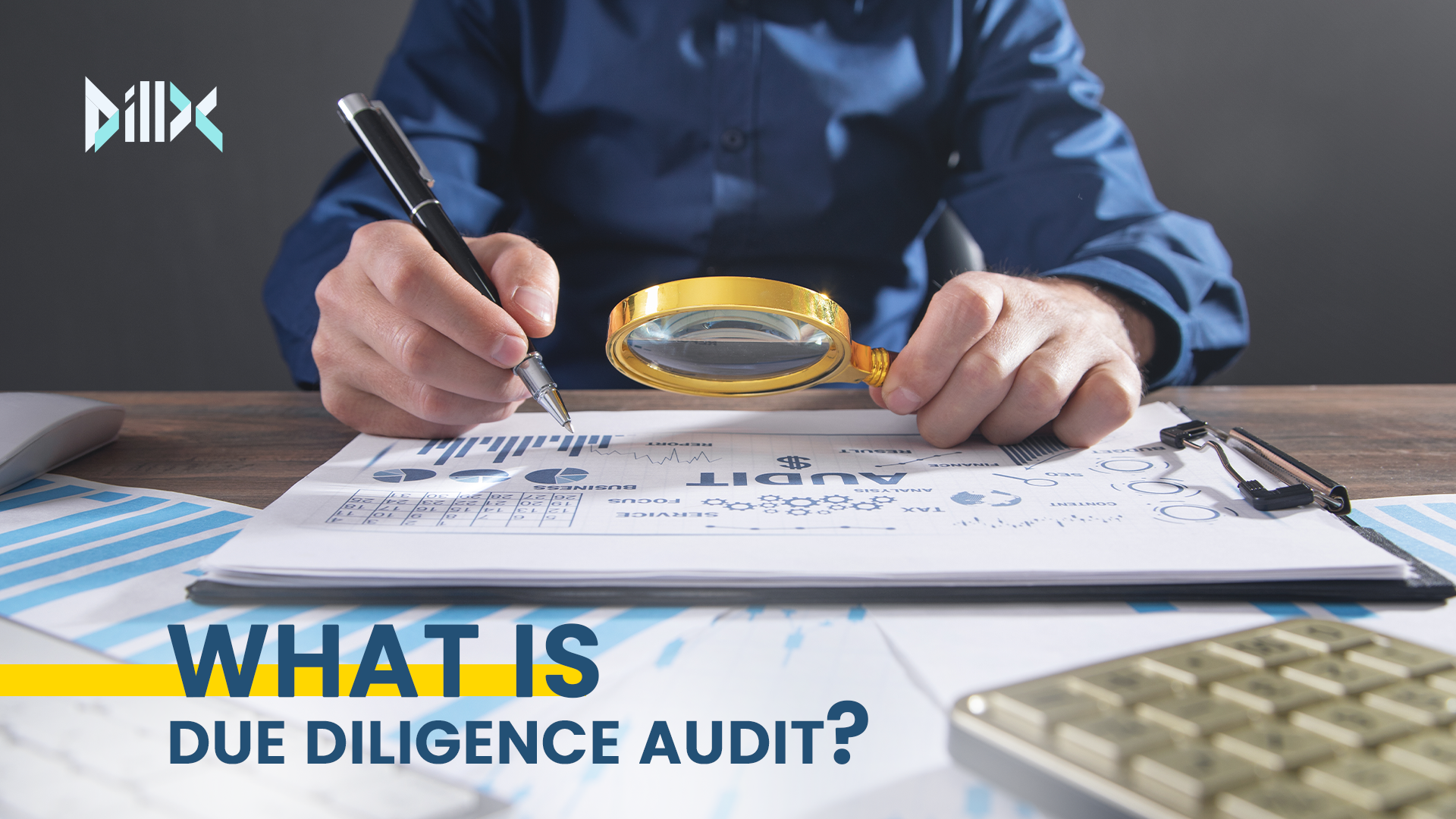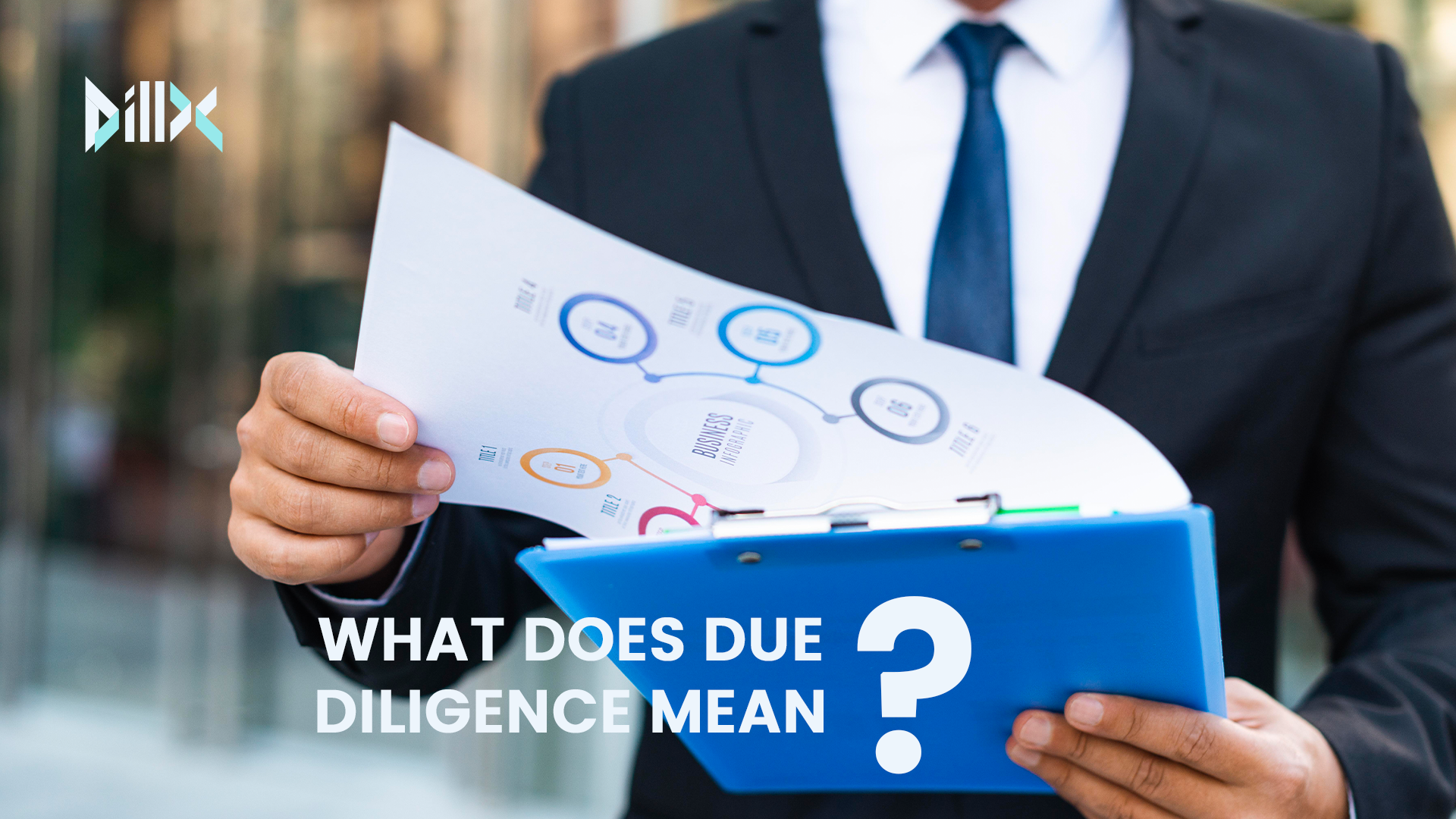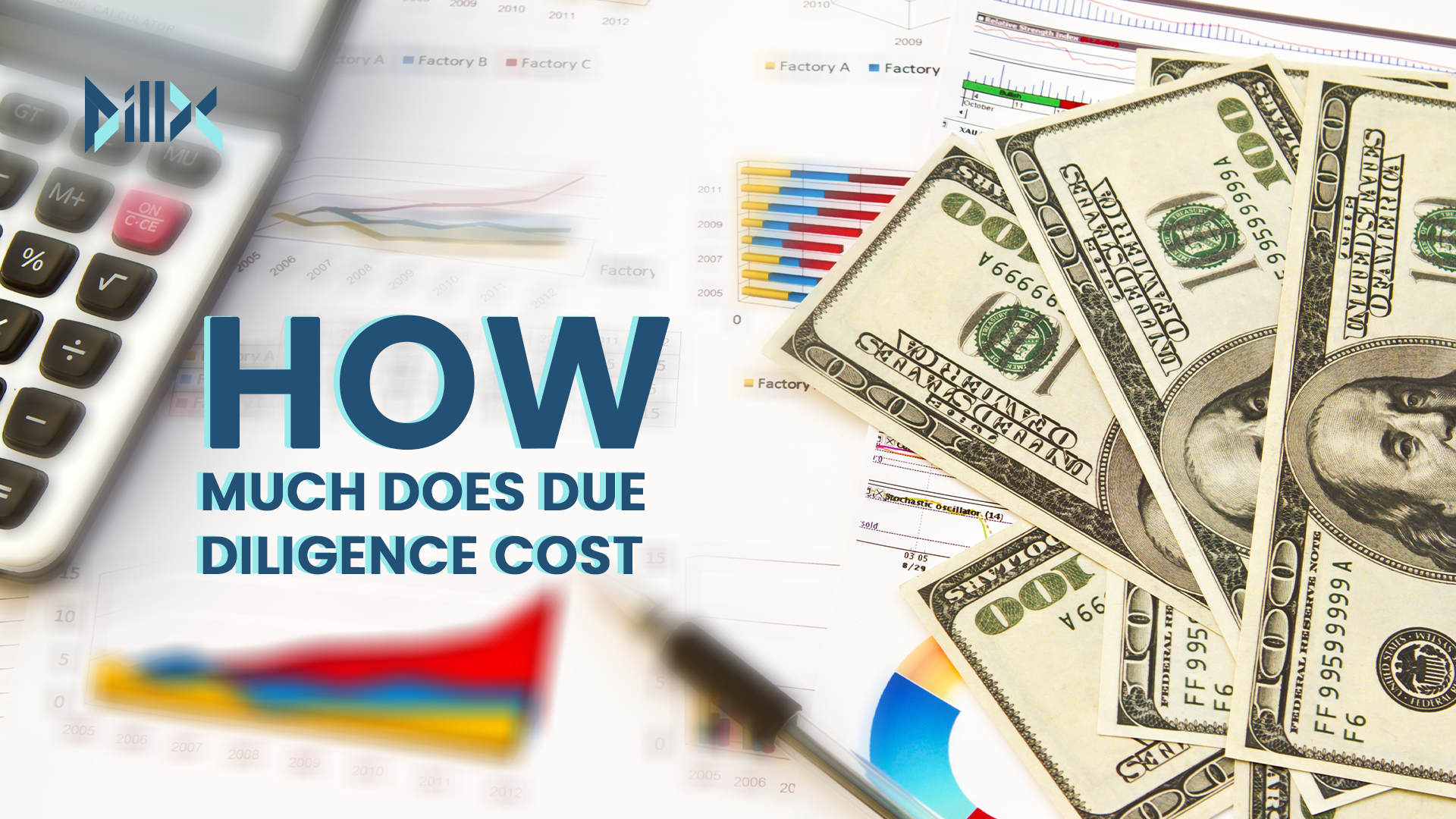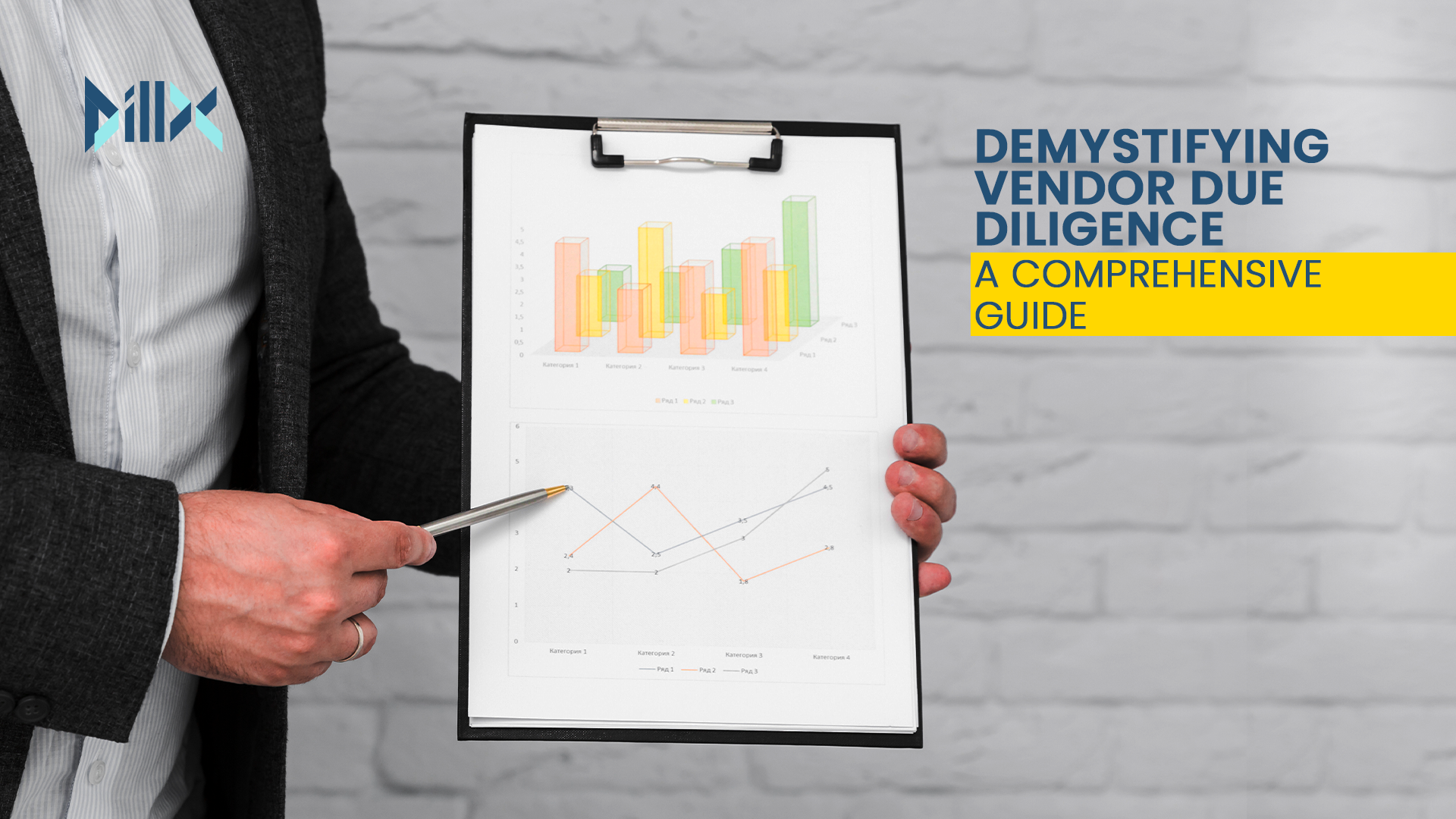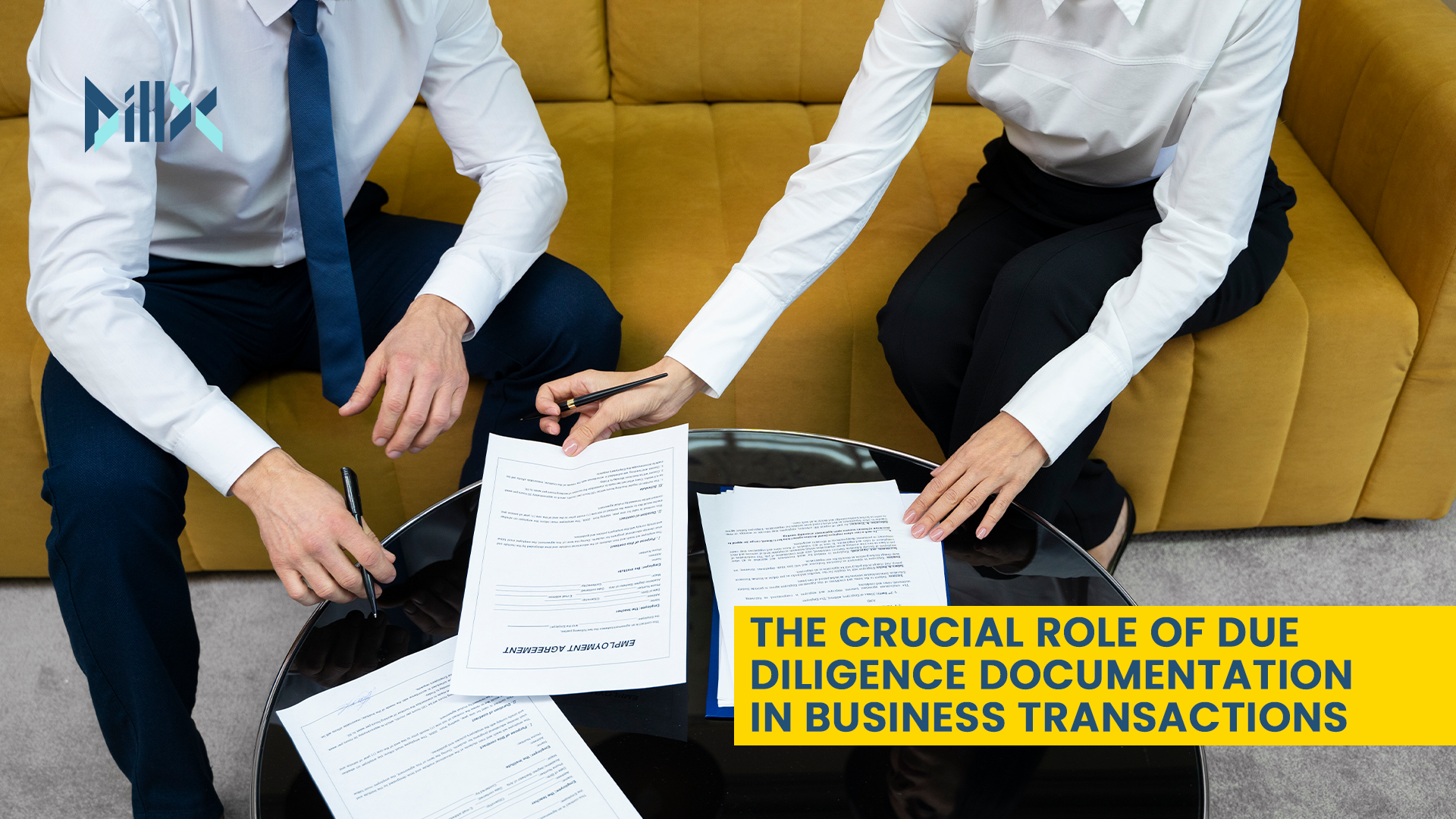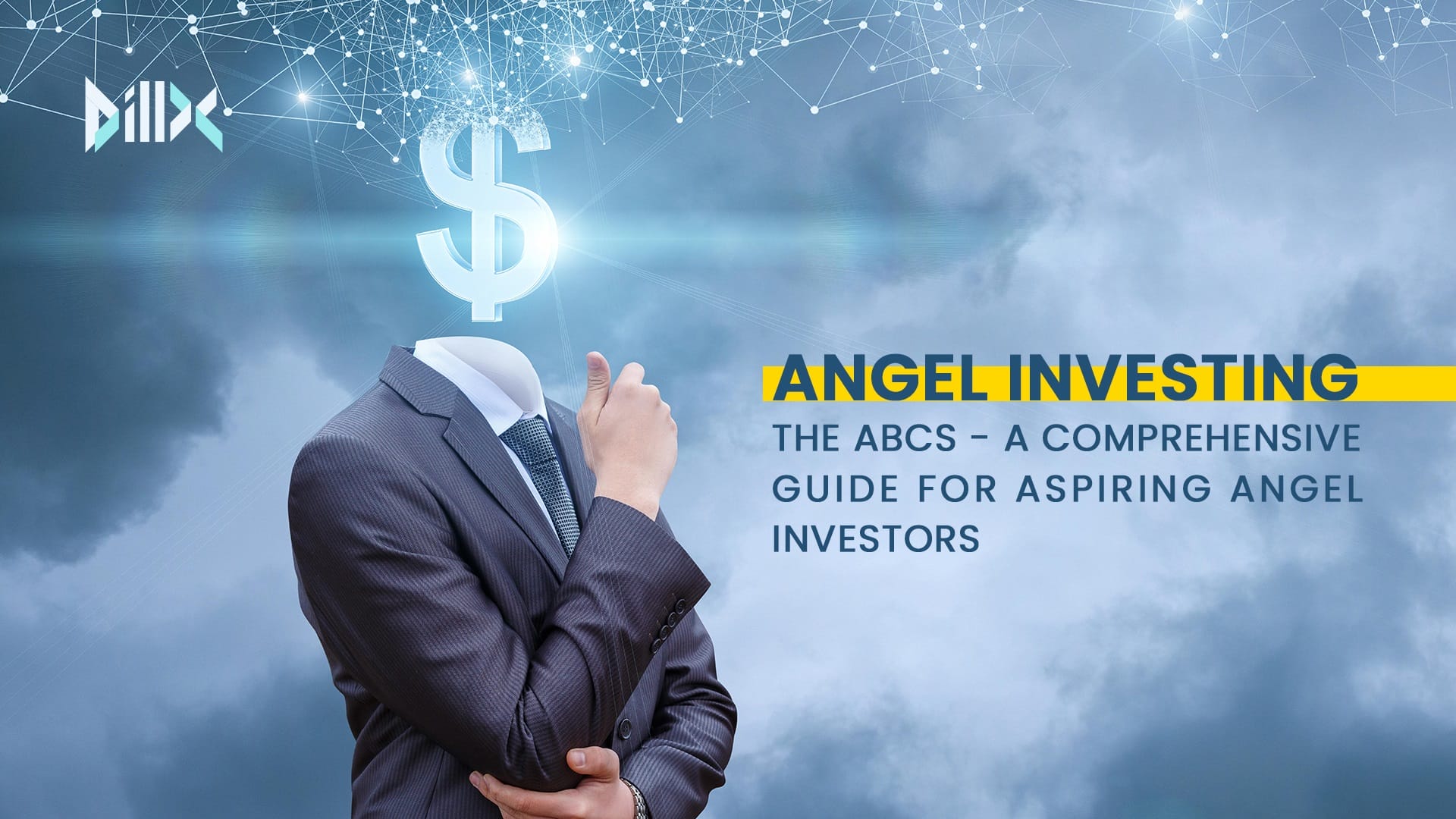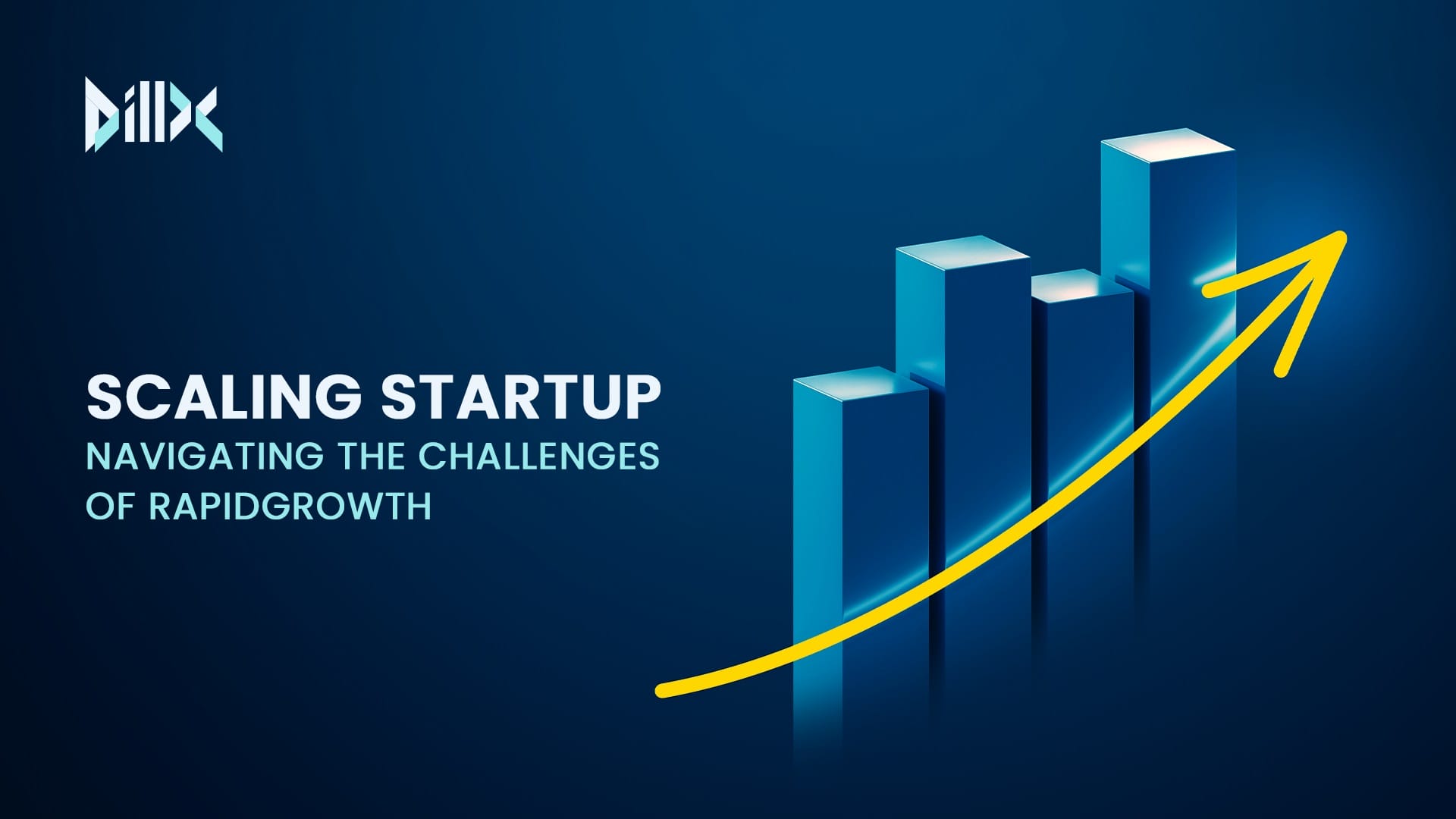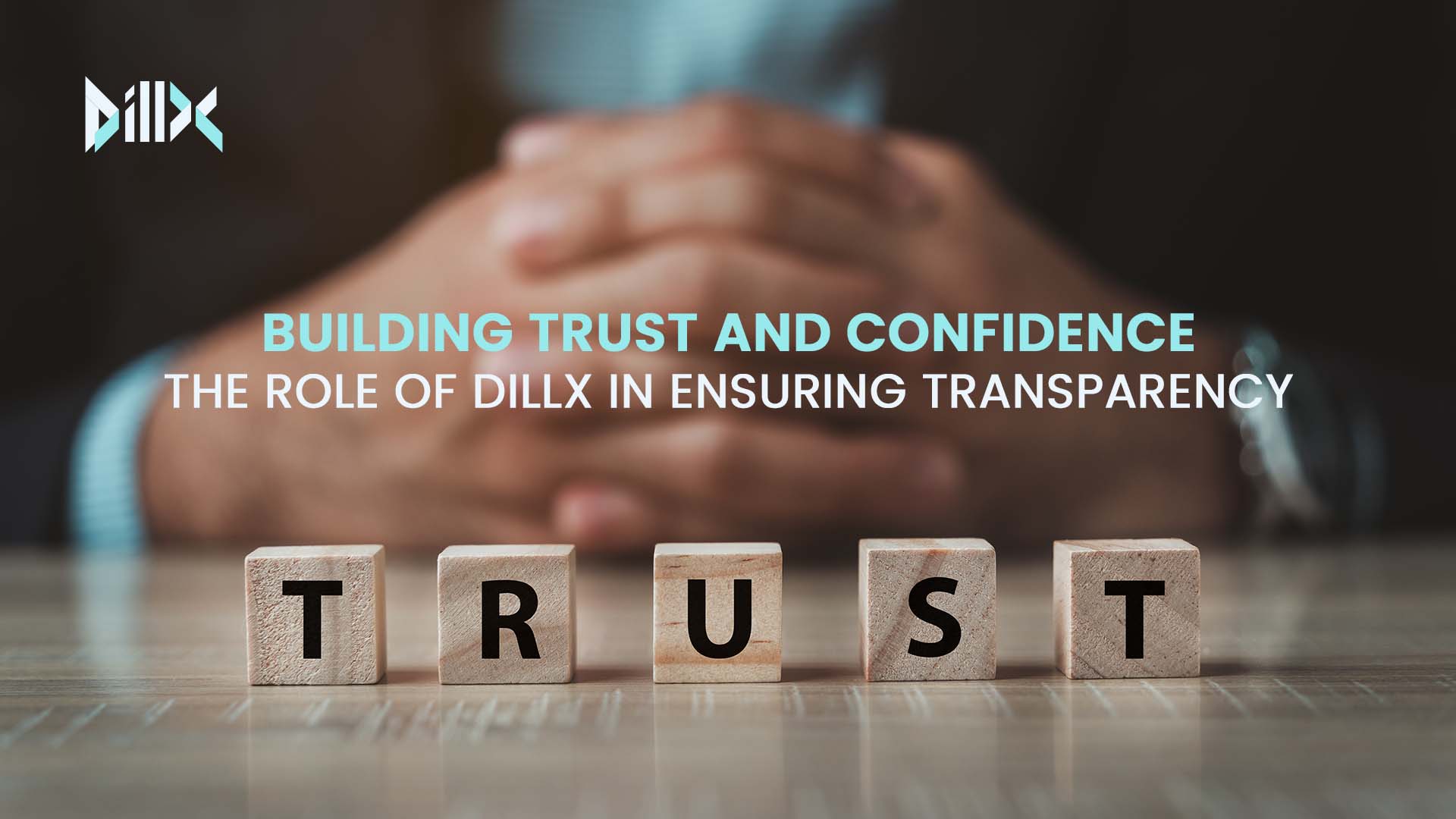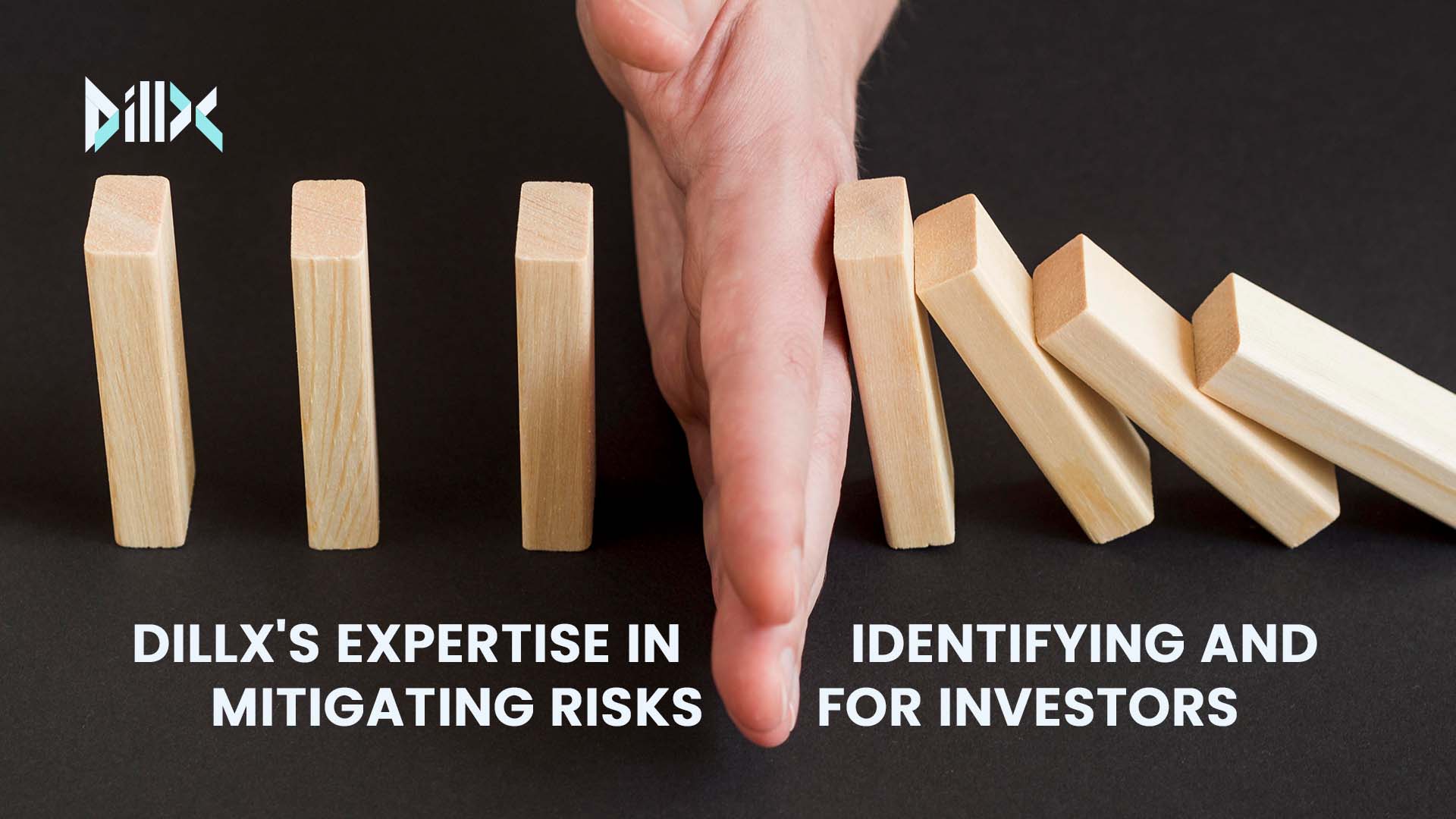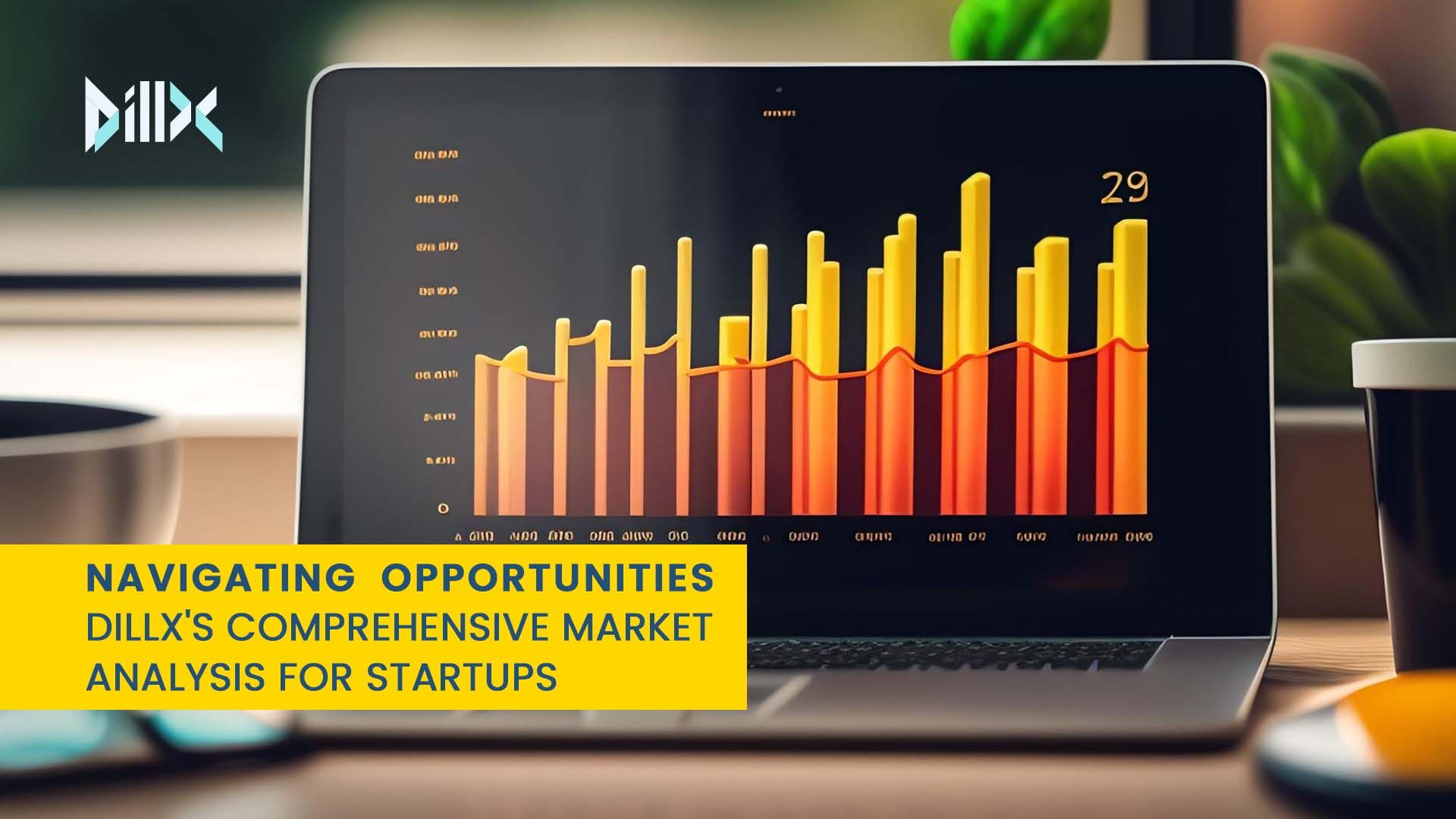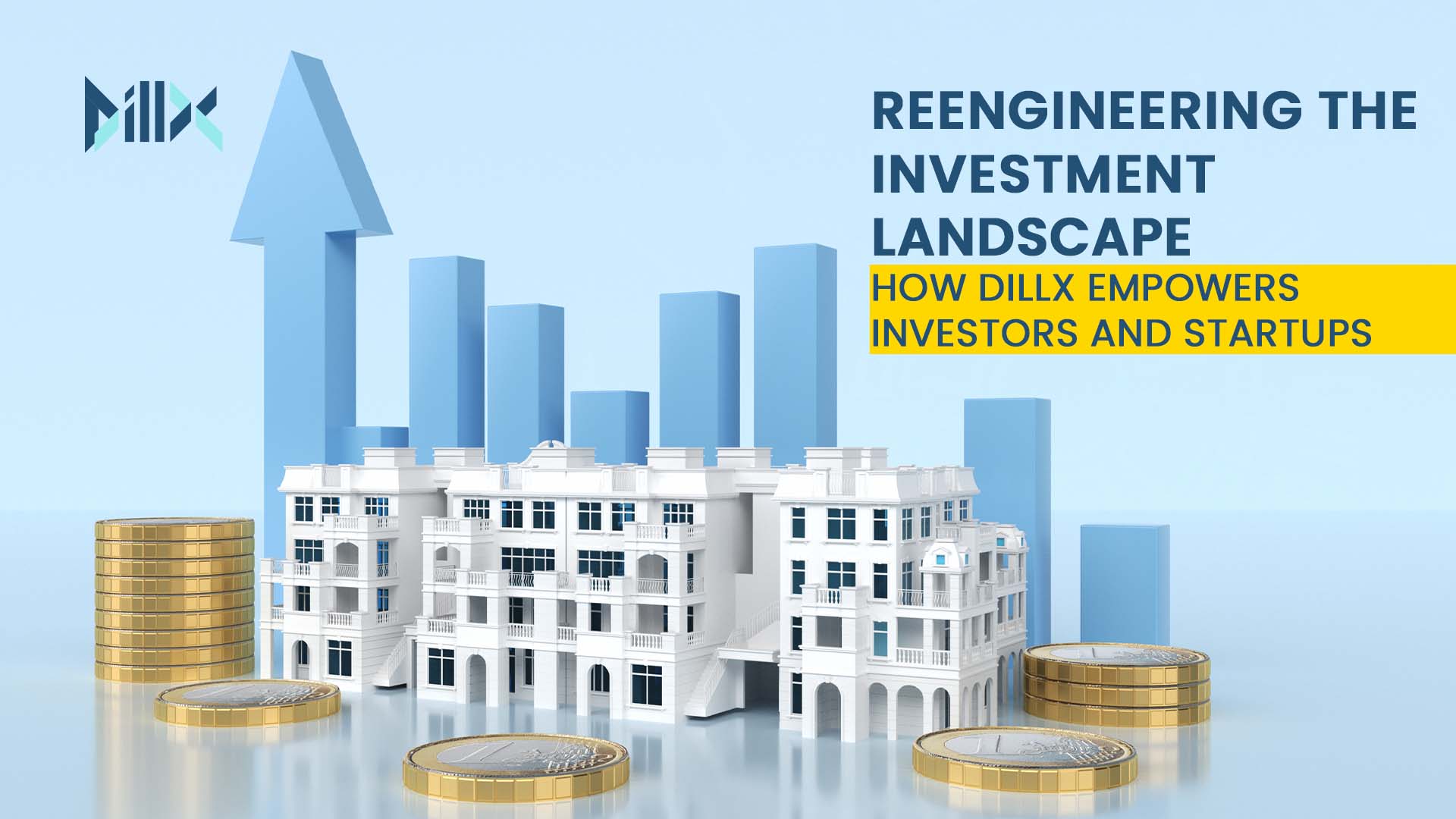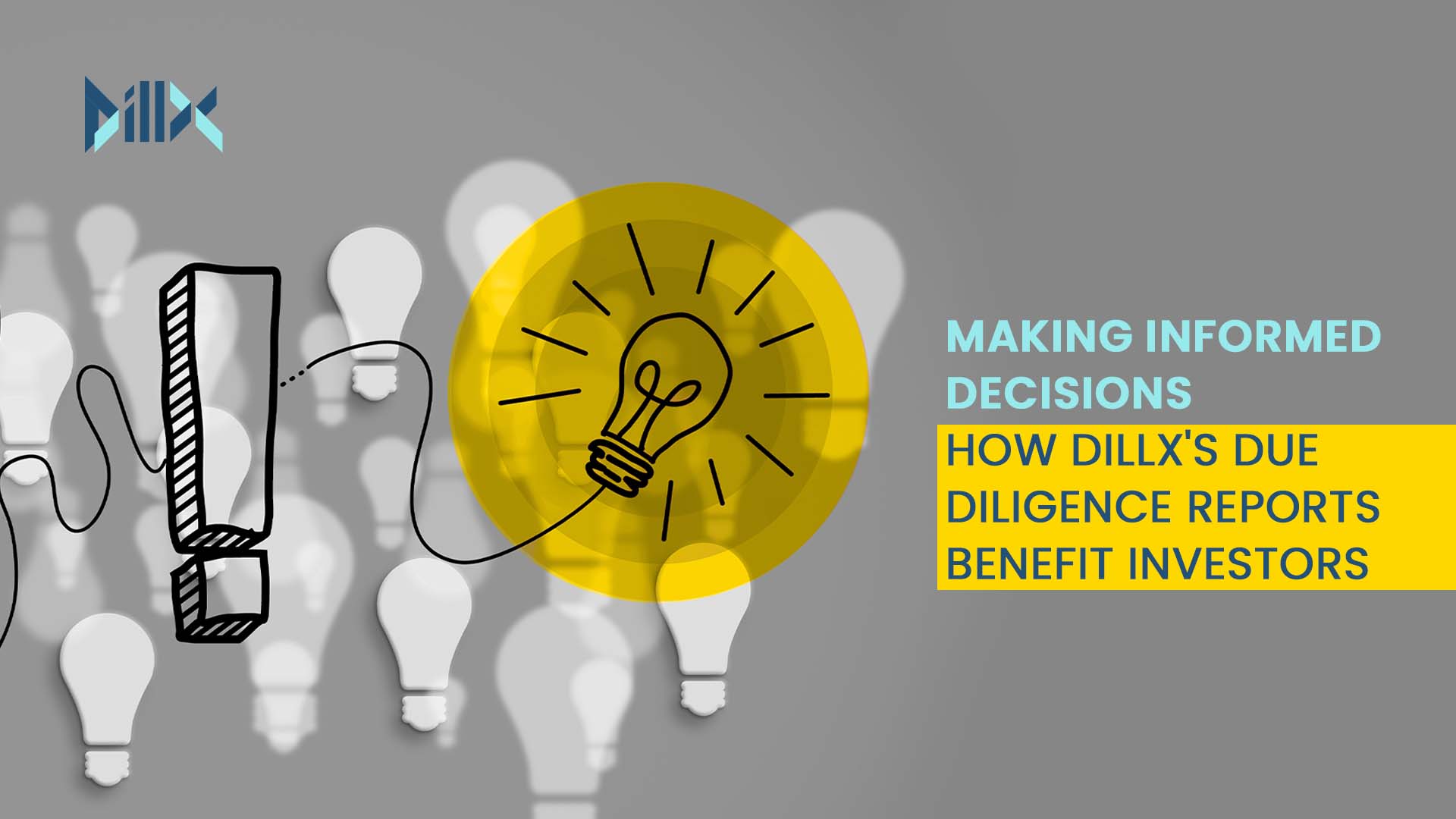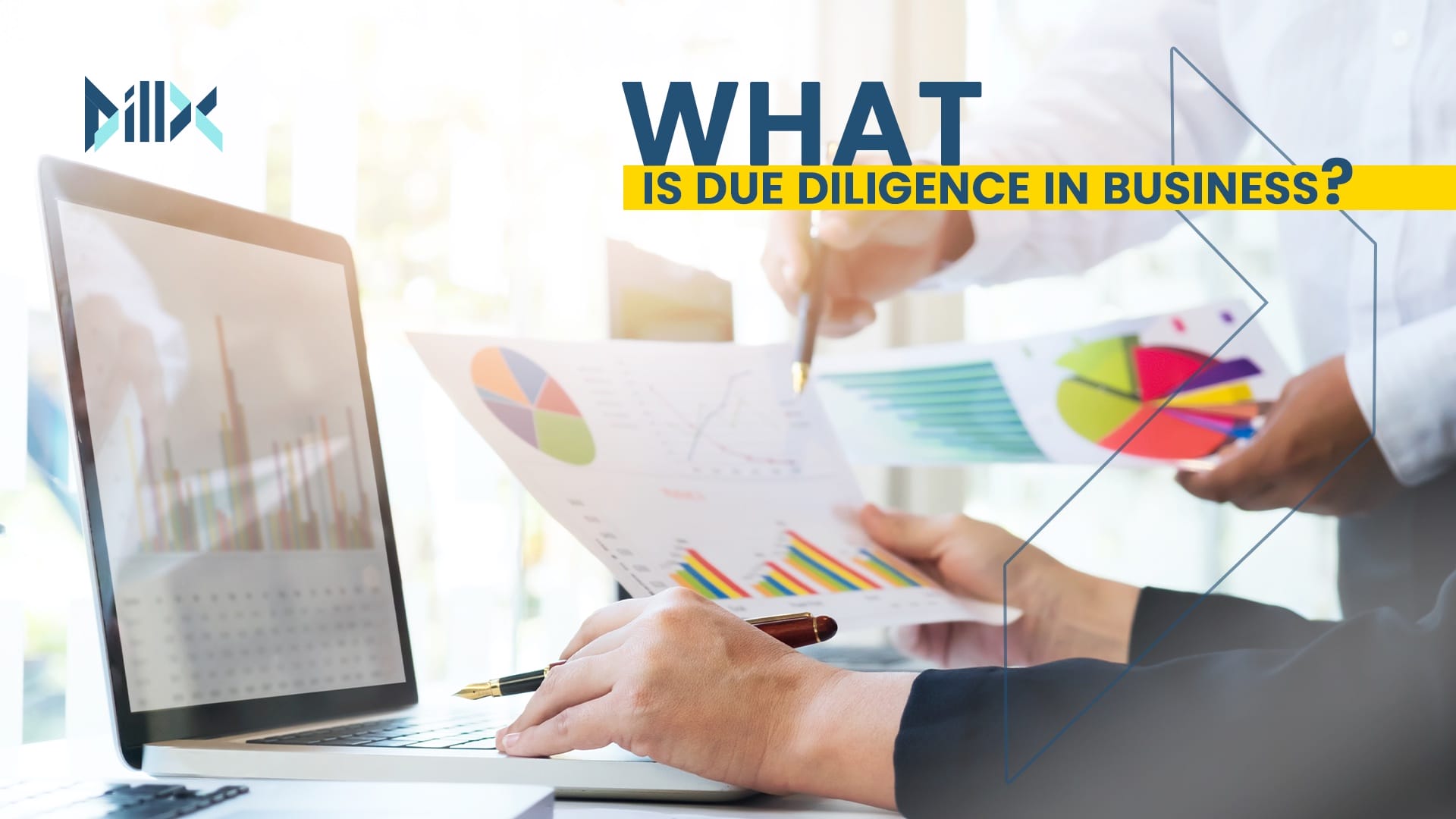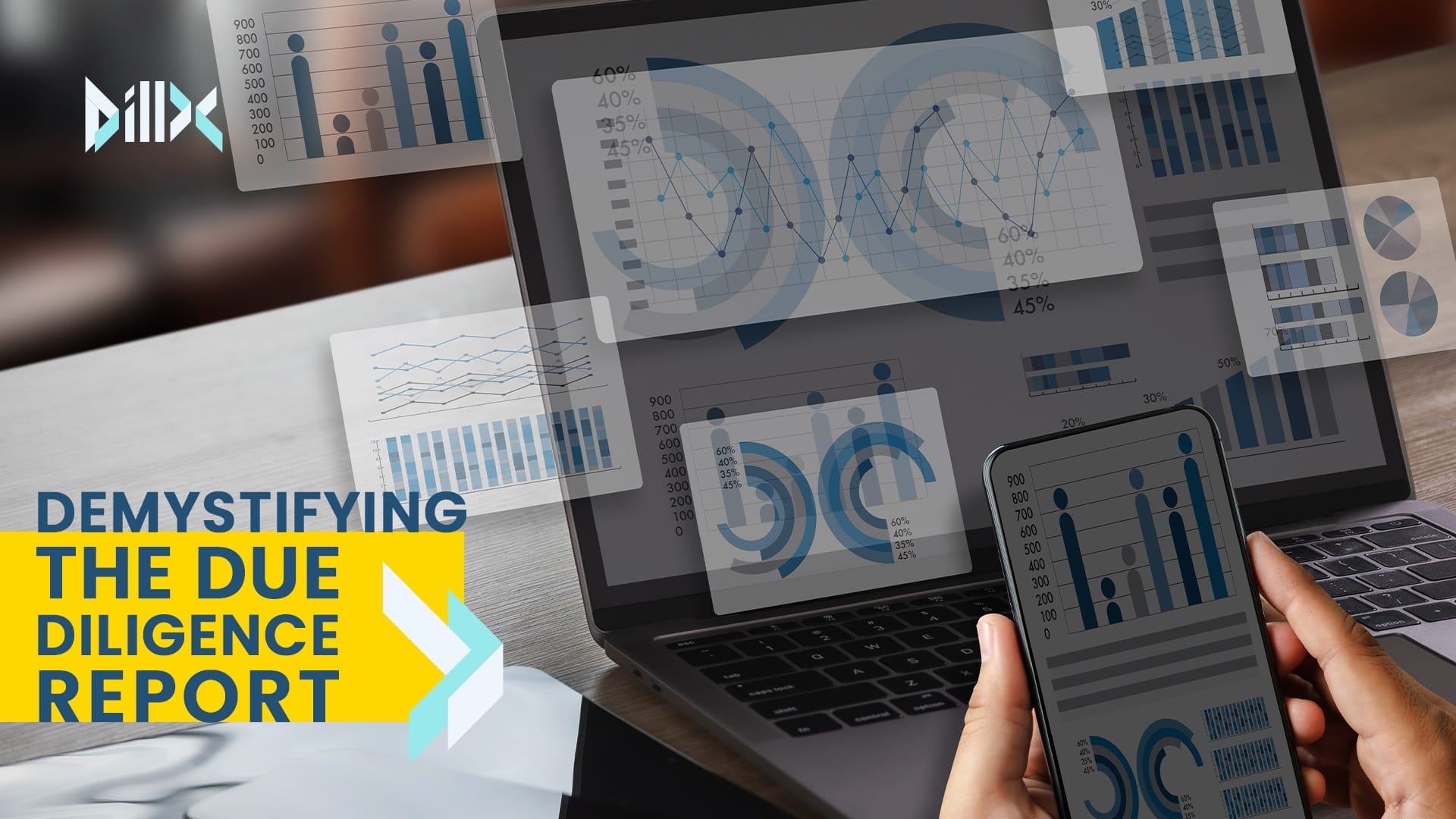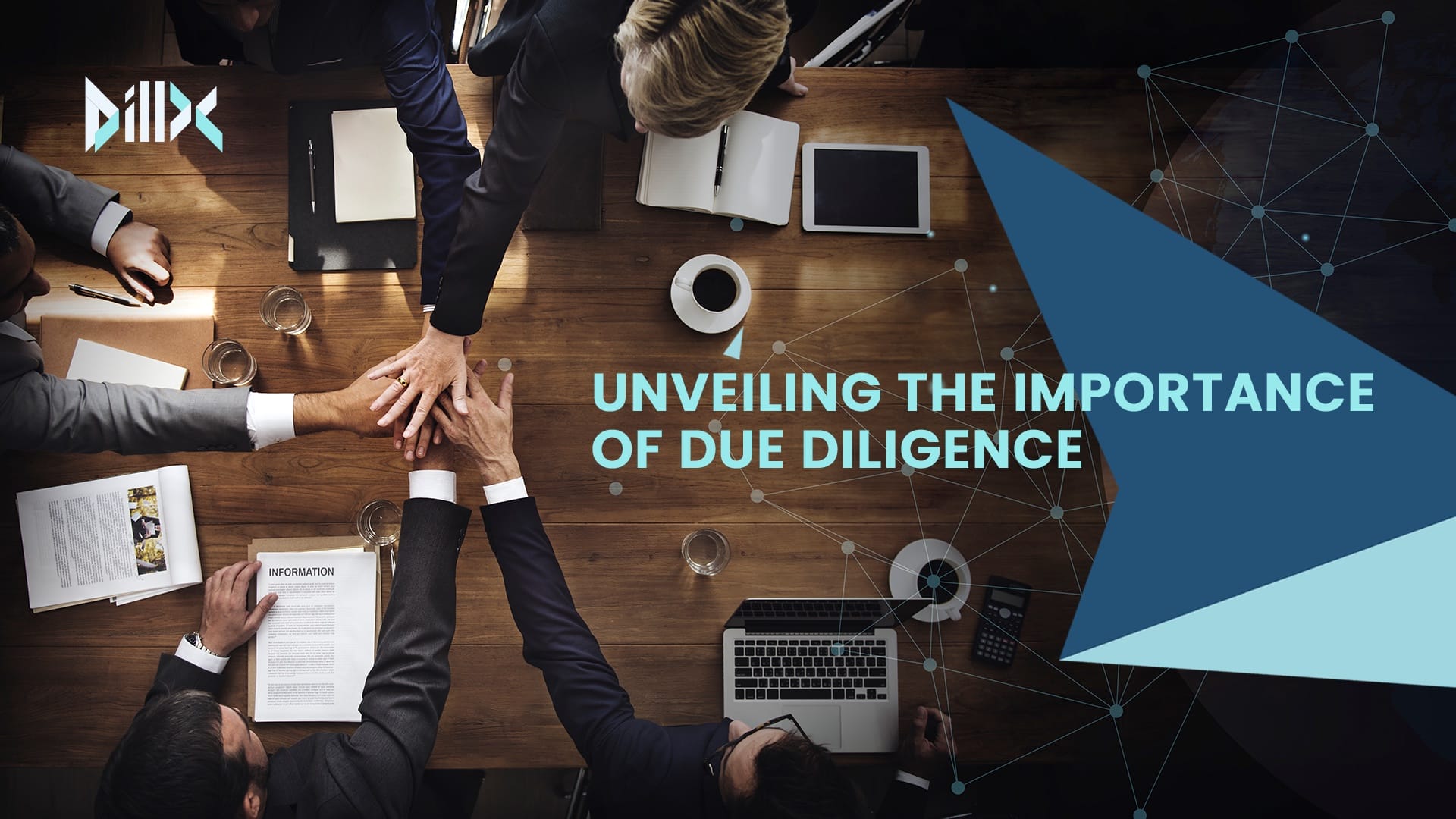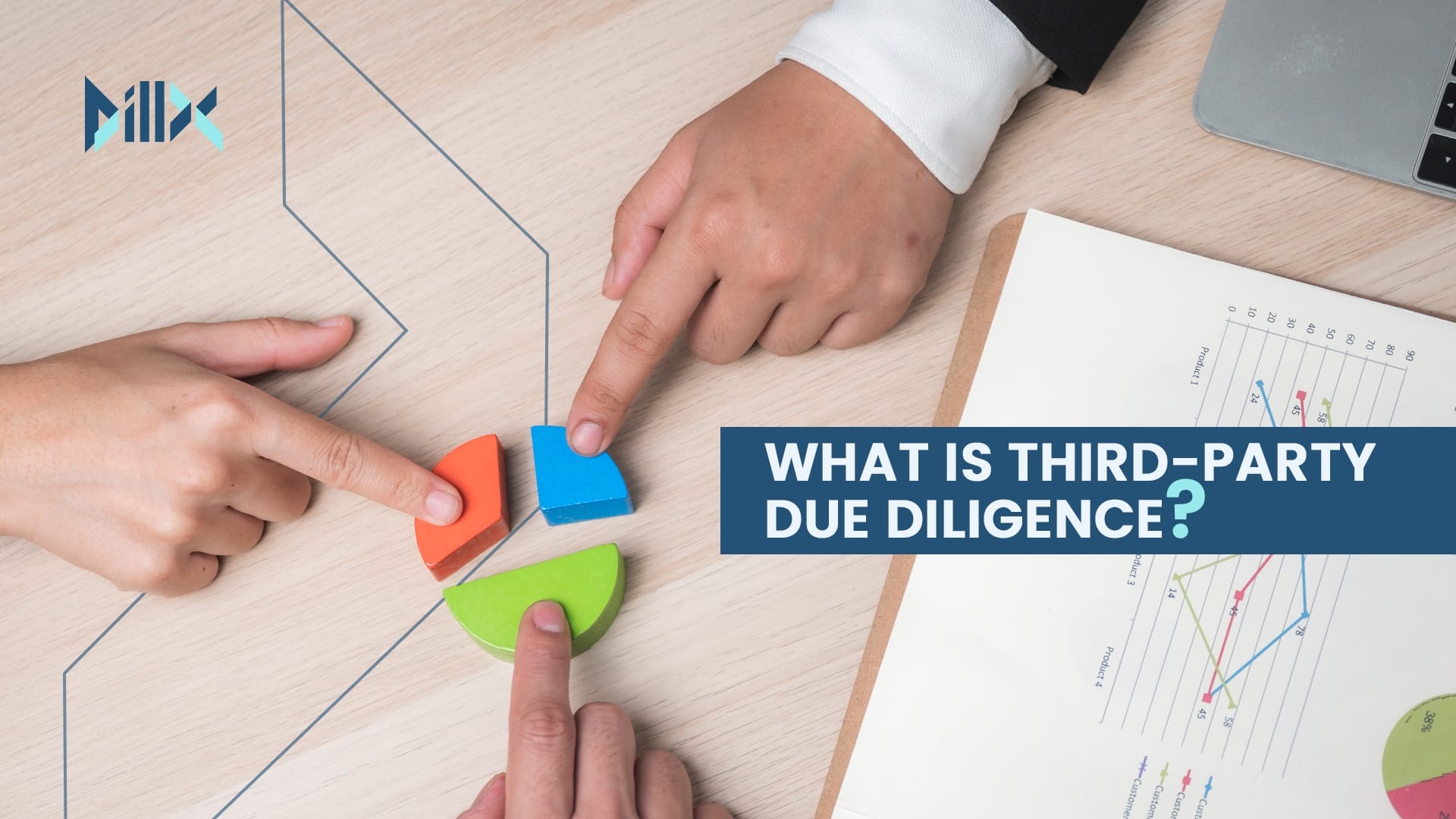In the fast-paced world of startup investments, the debate between short-term vs long-term investing strategies often takes center stage. As an investor, understanding the nuances of these approaches and their implications is crucial for making informed decisions. In this blog post, we’ll delve into the significance of due diligence within the context of short-term vs long-term investing in startups.
Short-Term vs Long-Term Investing: What’s the Difference?
Before we explore the role of due diligence, let’s clarify the distinction between short-term and long-term investing in the startup realm.
Short Term Investing typically involves buying and selling assets within a relatively brief timeframe, often to capitalize on short-term price fluctuations. In the startup world, this might mean participating in early funding rounds and aiming for a quick exit through acquisitions or initial public offerings (IPOs).
Long-term investing, on the other hand, involves holding onto assets for an extended period, often years or even decades. Long-term investors in startups are more focused on the company’s fundamentals, growth potential, and sustainable competitive advantages, aiming for significant returns over time.
The Role of Due Diligence
Now that we’ve established the definitions, let’s emphasize the critical role of due diligence in both short-term and long-term investing strategies.
1. Short Term Investing and Due Diligence:
In the context of short-term investing in startups, due diligence plays a vital role in identifying potential opportunities for quick gains. Investors must swiftly assess factors such as market trends, the team’s expertise, and the viability of the product or service. The emphasis here is on speed and agility, as opportunities can arise and fade rapidly in the startup ecosystem.
2. Long-Term Investing and Due Diligence:
For long-term investors, due diligence is a more comprehensive and in-depth process. Beyond evaluating the immediate market potential, long-term investors scrutinize the startup’s scalability, competitive landscape, and management team. They seek to understand the company’s long-term vision, its ability to weather market fluctuations, and its potential for sustainable growth.
Need your Due Diligence report? DillX generates comprehensive due diligence reports in just three days, significantly reducing the time and resources required for thorough analysis. By seamlessly integrating DillX into their investment workflow, investors can expedite their research process, uncover valuable insights, and make informed investment decisions with confidence.
Sign up here to generate your due diligence report!
Balancing Act: Short Term vs Long-Term Investing Goals
As an investor navigating the startup landscape, striking a balance between short-term and long-term goals is key. While the allure of quick profits in short-term investing can be enticing, it’s essential to consider the long-term viability and growth prospects of the startups in your portfolio.
Conclusion
In conclusion, the debate between short-term vs long-term investing in startups is not about choosing one over the other, but rather understanding when each strategy is appropriate. Whether you’re aiming for quick returns or patiently nurturing growth over time, due diligence remains the cornerstone of sound investment decisions.
So, as you evaluate your next investment opportunity, ask yourself: How does this align with my short-term vs long-term investing goals? And most importantly, have I done my due diligence?


























